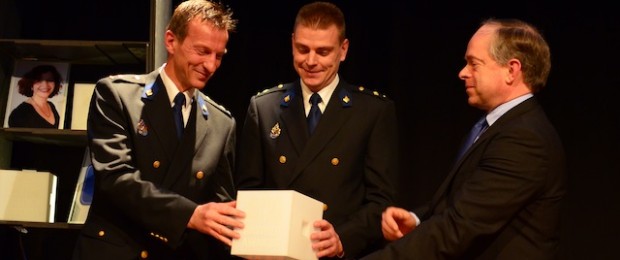| Harry Halpin - UnlikeUS 2012 |
Harry Halpin woke everyone up from their late morning slumper by shouting into the mike alot - it worked. He is a member of the W3C web consortium which tries to lobby on web policy. He sort of presented a history of the 'like' button, but included lots of other tasty net historical elements. These included the fact that the 'Like' button includes RDF code. So when your browsing choices are being logged it using the structure of RDF, the only problem is the 'who' of who is looking at a particular piece of content is being saved back to FB closed database. Halpin also pointed to a interesting document which outlined the vision for social media in terms of the social graph from 2007, all of which has been implemented by FB with a few pertinent changes (one of the documents collaborators David Recordon now works for FB). He also stated that "Facebook is capturing your ontology - your Life world" which provoked a few chuckles.

